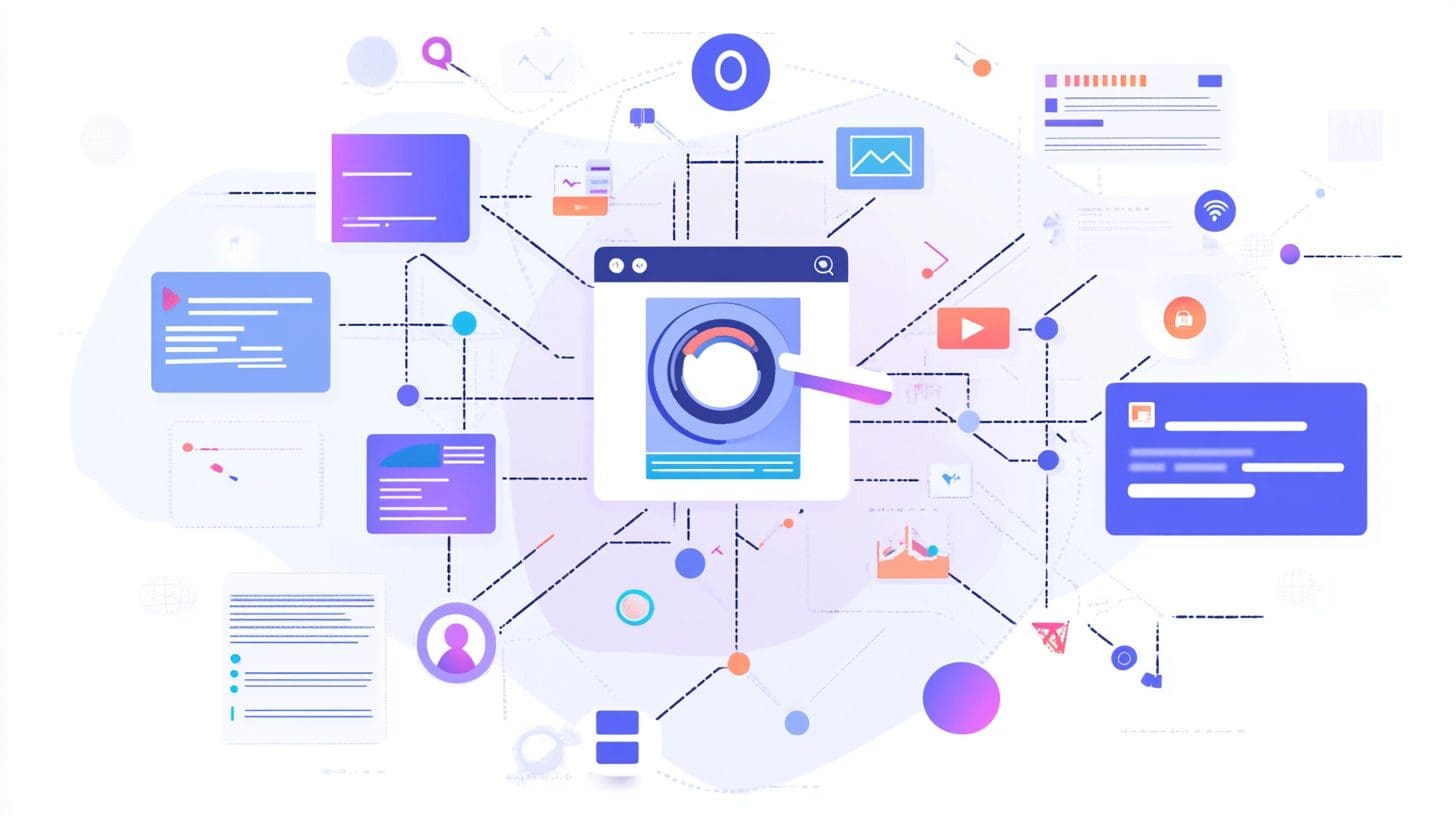Expert Screen Printing Services in South AfricaExpert Screen Printing Services in South Africa
At Waxed Branding, we’re proud to offer top-notch screen printing services across South Africa. With over 25 years of experience, we aim to deliver outstanding quality to our clients. This includes businesses, organisations, and individuals.
We specialise in custom t-shirt printing and a wide range of promotional products. We make sure each design is showcased perfectly.
We use advanced techniques like silk screen printing and digital screen printing. This ensures our prints are vibrant and last long. Whether it’s for a big event or personal gifts, we can handle it all.
Based in Bloemfontein, we offer delivery all over South Africa. This means top-quality service is available to everyone, no matter where you are. To learn more, visit our screen printing page. Your satisfaction is our top priority!
Key Takeaways
- Over 25 years of experience and commitment to quality.
- Utilisation of advanced screen printing techniques for excellent results.
- Nationwide delivery to serve clients across South Africa.
- Fast quotations and high satisfaction levels from real client reviews.
- Specialisation in custom apparel and promotional product printing.
Understanding the Screen Printing Process
The screen printing process has changed a lot over time. It’s now a top choice for making bright, custom designs. This method has a long history, starting nearly 2000 years ago in China. The Japanese later improved it, using silk, which we now call silk screen printing.
This history shows why screen printing is so popular and versatile.
The History of Screen Printing
Screen printing has grown and changed over the years. It started as a simple way to copy designs. In Japan, it was perfected, using silk screens that are still important today.
How Screen Printing Works
To do screen printing, we follow a few key steps. First, we draw the design. Then, we pick the right mesh screens for the ink to flow well. We use light to make stencils.
After that, we print the design with different inks and techniques. We use heat to make the print last longer.
Materials Suitable for Screen Printing
The materials we choose affect the quality of the print. Screen printing works on many things like fabric, wood, and even glass. Here are some common materials:
| Material | Properties | Best Use |
|---|---|---|
| Fabric | Highly absorbent, durable | Apparel, bags |
| Plastic | Weather resistant, lightweight | Signage, promotional items |
| Ceramics | Heat resistant, glossy finish | Cups, plates |
| Glass | Smooth surface, clear coatings | Decorative items |
We know how to pick the best materials for screen printing. This makes sure prints are both durable and bright. For more on printing services, check out our detailed guide here. Every material we use makes the final product better, from start to finish.
Benefits of Choosing Expert Screen Printing Services
Choosing expert screen printing services boosts the quality and colour of our custom clothes. It’s key for anyone wanting top-notch screen printing, especially for big orders. Here, we share the main perks of picking professional screen printing services.
High Quality and Durability
Choosing high quality screen printing means our designs last long. The ink sticks well to clothes, keeping designs bright and fresh. This is vital for our t-shirt printing, keeping them looking great.
The sharp images and details from this method ensure our clothes always look their best.
Cost-Effectiveness for Large Orders
Screen printing is cost-effective, especially for big orders. As the order size grows, the cost per item drops. This makes it perfect for businesses needing lots of uniforms or promotional items.
Getting high quality at a good price helps us plan our branding budget better.
Quick Turnaround Times for Orders
Another big plus is the fast service. Expert screen printing companies can handle lots of orders quickly. This means we get our custom clothes fast, meeting our clients’ needs.
Choosing the Right Screen Printing Company in South Africa
Choosing the right screen printing company is crucial. At Waxed Branding, we know it’s important to check the company’s reputation and experience. A reputable screen print shop, like King Print, will give you top-notch results.
Make sure the company focuses on making customers happy. This can really improve your project’s success.
Look for a company that fits your branding needs. They should offer a variety of products, like T-shirts and bags. It’s also important to know they can work with different materials, like cotton and ceramics.
Ask about the inks they use. Plastisol inks are durable, while discharge and metallic inks add special finishes. This is key for unique projects.
Also, check the minimum order size. It’s usually 10 units. This ensures you can meet your branding needs, big or small. By comparing options, you’ll find a company that offers great value. For more tips on starting a screen printing business, see our guide on starting a screen printing business.







